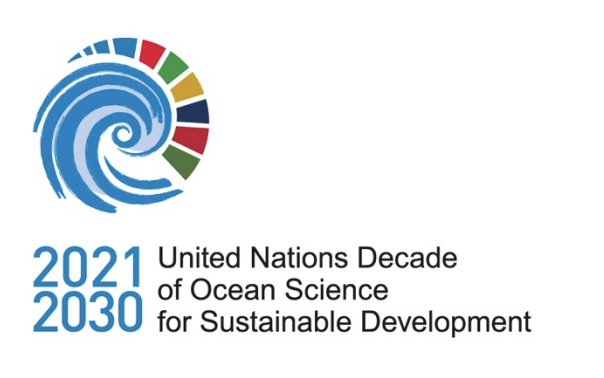While tourists come to the Galapagos to see the animals, it is the residents whose interactions affect animals and the environment the most. During our semester here on Isabela, we’ve been able to get to know both the animals and people of these islands. We’ve fished with local fishermen, learning their methods and seeing how they rely on the oceans.
Just as the ocean influences their actions, their actions influence the ocean. While studying tide pools once, I was approached by a few local children who came over and asked me what I was doing. I told them I was looking at the animals and pointed out tiny hermit crabs and small fish. The kids then started to look in the tide pools themselves, and brought things over to show me because I knew the names.
Perhaps the most significant human-nature interaction I saw this semester was the puppet show presented by local kids attending a summer camp at IOI. We sat down as the kids brought out their hand-made puppets of all of the Galapagos’ main players: sea lions, sea turtles, blue-booted boobies. As part of learning about the environment around them, the kids had put together a story about a day in the life of the Mangrove Finch. This finch, which is only found on Isabela, is critically endangered because of the destruction of its habitat. The kids’ story had the finches facing all kinds of problems, such as not having a place to live and invasive species. In the end, the finches were helped out by humans, who had learned to take care of the environment. I was really excited to see that these kids actually seemed to care about the environment, which is rare in a place where the streets are often filled with basura (trash). Many of the people here are not aware of the unique environment in which they live. Even living right on the ocean, many do not know how to swim. People can’t be expected to conserve what they don’t care about, and education is the best way to spark an interest. Hopefully, these kids will remember some of the cool things they learned in summer camp, and, as future leaders in the Galapagos, will help protect this valuable place for their children.
Katie R. – spring semester student

















